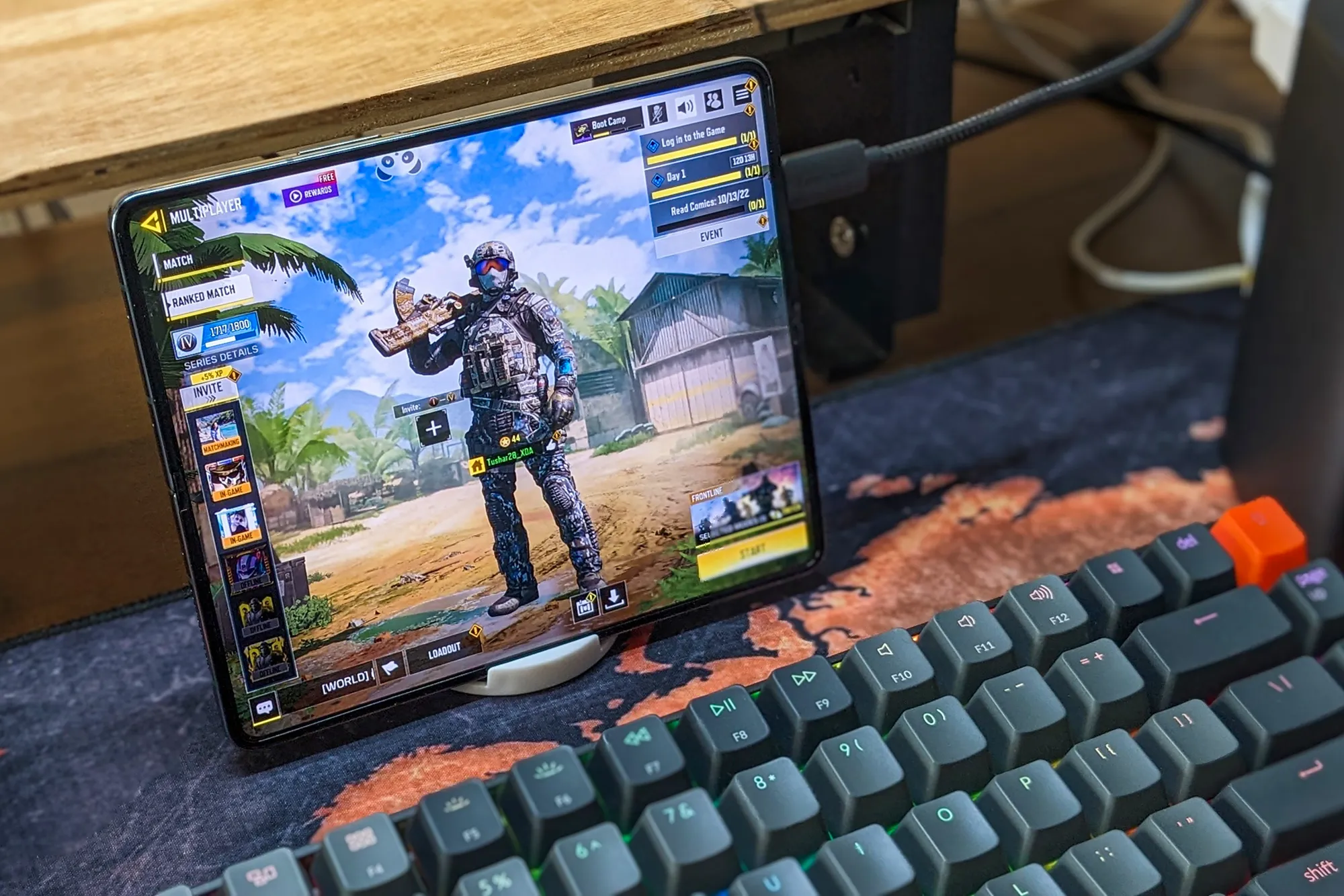The pandemic has given a big boost to tablet sales due to virtual learning and work needs. As the world slowly returns to normal and global inflation hits consumers’ pockets, the global tablet market is in decline, according to Strategy Analytics study.
The rising cost of everyday necessities like groceries, gas and housing means less money in people’s pockets for products that fall into the luxury category. Consequently, tablets underwent a shift from a work-from-home necessity to a luxury item, and the overall market fell 16% year-on-year in Q3 2022.
Despite this overall market decline, some marketplace vendors have been able to successfully compete in the category by creating products and incentives that properly serve their target audience.
Apple remains the largest market share holder with 39% market share. The study attributes Apple’s dominance to its higher-end product portfolio, which appeals to wealthier customers who don’t suffer the impact of inflation to the same extent.
“Apple’s diverse portfolio, which extends all the way to the iPad Pro and iPad Airs running on M1 processors, has boosted Apple’s ASP [average sale price] to $483 as consumers look to do more on their tablets, including work, school and play,” said Chirag Upadhyay, industry analyst at Strategy Analytics.
Despite the huge chunk of market share that Apple holds, it saw a 14% drop in growth from the previous year. This makes Samsung and Amazon’s ability to experience minimal reductions, at 4% and 5% respectively, an impressive feat.
“Both companies have ways to ride out inflationary pressures, which will remain a key skill over the next few quarters,” said Eric Smith, director of connected computing at Strategy Analytics.
With 7.2 million shipments, Samsung performed better than expected and held the second largest market share of 19%. Its ever-growing Android portfolio plays a big role in this success.
“Samsung came closest to positive territory this quarter thanks to its diversified Android portfolio, spanning the premium tier with the Galaxy Tab S8 series to the lower tiers with the Galaxy Tab A series,” Smith said.
Amazon isn’t too far behind with a 10% market share in third place. According to the study, Amazon’s success can be attributed to massive deal campaigns, such as Amazon Prime Day and the Amazon Early Access sale, which provide generous discounts on a large portfolio of items, including tablets.
“Amazon did much the same [as Samsung] on the growth metric, but for completely different reasons,” says Smith. “It’s focused solely on the lower end, and it’s driven by the strength of Prime Day discounts and its refreshed 7-inch model.”
https://www.zdnet.com/article/worldwide-tablet-market-takes-a-hit-amidst-global-economic-hardships/#ftag=RSSbaffb68










